
The United Nations (UN) Security Council condemned the violence
Credit: Shutterstock
The country is "controlled by a murderous, illegal regime" that was likely committing "crimes against humanity," Mr Andrews told the UN Human Rights Council in Geneva.
These crimes likely include "acts of murder, enforced disappearance, persecution, torture" carried out with "the knowledge of senior leadership", including junta leader Min Aung Hlaing, Mr Andrews said.
While stressing that such offences can only be determined in a court of law, he said there was clear evidence that the junta’s crimes were "widespread" and part of a "coordinated campaign".
Thursday saw at least nine protesters killed in different parts of the country, including six in central Myanmar’s Myaing township — five of them shot in the head, according to a witness.
Rights group Amnesty International released a major report on the crisis on Thursday, accusing the junta of using battlefield weapons on unarmed protestors and carrying out premeditated killings.
International pressure has been building on the generals, but they have shown no signs of heeding calls for restraint, continuing to try to quell daily protests by force.
The United Nations on Wednesday condemned the crackdown, which has seen more than 2,000 arrested, with even traditional Myanmar ally China calling for "de-escalation" and dialogue.

Thursday saw at least nine protesters killed in different parts of the country,
Credit: Shutterstock
The military — which defends its takeover by citing alleged voting irregularities in November elections won by civilian leader Aung San Suu Kyi’s party — held a rare news conference on Thursday accusing her of corruption.
Junta spokesman Zaw Min Tun said the detained chief minister of Yangon admitted giving Suu Kyi $600,000 in cash, along with more than 11 kilograms ($680,000 worth) of gold.
Nobel peace laureate Suu Kyi, detained since the coup, faces other criminal charges including owning unlicensed walkie-talkies and violating coronavirus restrictions by staging a campaign event in 2020.
On Thursday state-run media announced that the Arakan Army (AA) — which fights for autonomy for the ethnic Rakhine people in northern Rakhine state — was no longer considered a terrorist organisation.
Observers say the move indicates the military is trying to avoid spreading itself too thinly, aiming to concentrate its forces on quelling the protests.
The AA has been fighting the army for years, with hundreds killed and some 200,000 civilians forced to flee their homes.
As well as using tear gas, rubber bullets and live rounds to break up street protests, the military authorities have also carried out regular night raids, searching apartments and making arrests after dark.


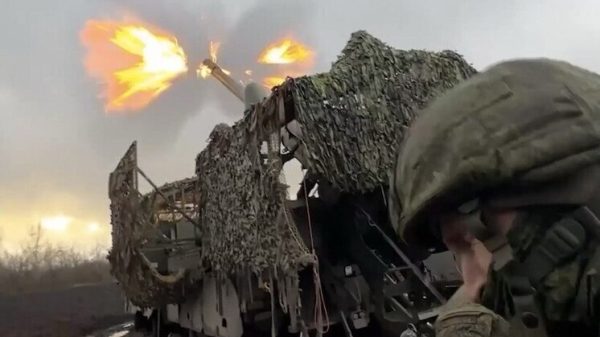






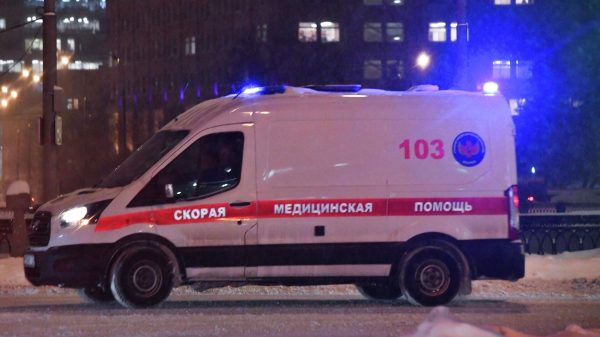
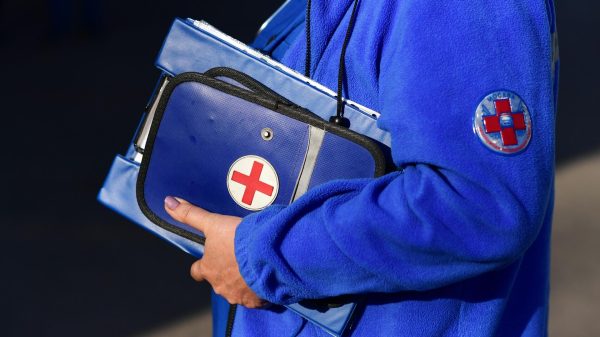









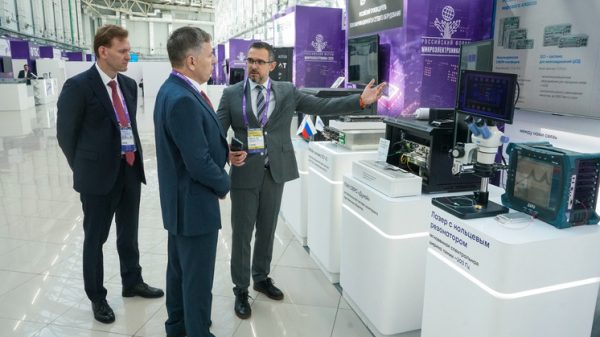






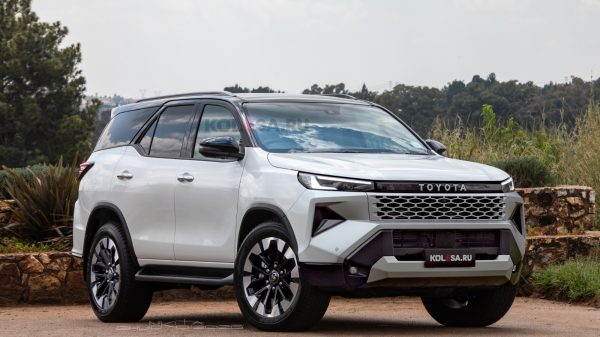





















Свежие комментарии